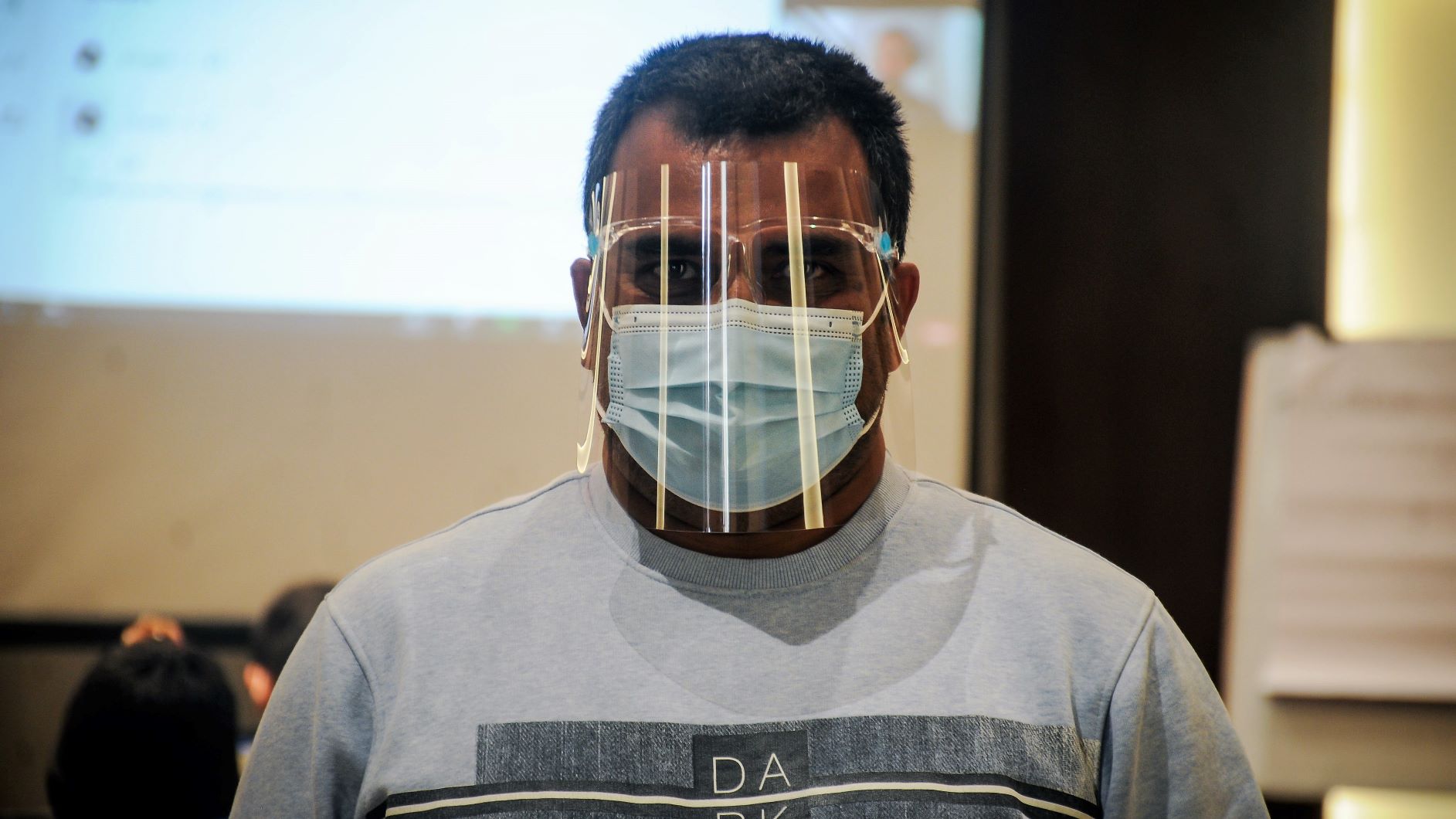King’s Address
The King addressed a ceremony felicitating him organized by Tribhuvan University, to which he is the chancellor. The summary of his speech was, for political interest, was that the parties if they call themselves democratic should come forward to support him to fightagainst terrorism. He said he wanted the parties to be popular and effective engaging themselves in democratic process.
During his early speeches, the King used to criticize parties for failing to understand the country’s situation and not functioning properly. In the latest one, he was neutral – not criticizing them and asking them for reconciliation with him. It looked like he is under a bit pressure, but still stubborn to his intentions.
Seven Parties’ Agitation
The seven big parties of the country jointly staged an agitation rally where the top leaders publicly asked the King to choose between absolute democracy (constitutional monarchy) or a republic. The rally organized by Nepali Congress, Nepali Congress Democratic, Nepal Communist Party – United Marxist Lennist, People’s Front Nepal, Nepal Workers and Peasants Party, Nepal Sadbhawana Party and United Left Front was participated by thousands of people – it was the biggest rally after Feb 1.
Political leaders heavily criticized the King for his Feb 1 move and asked him to restore dissolved House of Representatives.
Govt Bans Media House
On the same day, the Ministry of Information and Communication ordered Communication Corner, a radio program production house, to close down saying it was being run illegally. Communication Corner produces programs for more than a dozen FM radio stations around the country.
They stopped producing Nepal Khabar a news and current affairs program after Feb 1 while Kayakaran, another similar program used to be broadcasted by 12 FM stations, now is only broadcasted in Hong Kong.
The decision came days after the journalists issued protest programs against the press law ordinance and the FM journalists readying themselves for agitation.
Human Rights Commission
The King nominated all controversial people in the National Human Rights Commission after the tenure of earlier committee expired. Nayan Bahadur Khatri, the 80-year-old chairman, kept his place (probably a reward for him to speaking in favor of the King\’s move in UN\’s Geneva Meeting). Other appointed were all considered the supporters of the King.
They stopped producing Nepal Khabar a news and current affairs program after Feb 1 while Kayakaran, another similar program used to be broadcasted by 12 FM stations, now is only broadcasted in Hong Kong.
The decision came days after the journalists issued protest programs against the press law ordinance and the FM journalists readying themselves for agitation.
Human Rights Commission
The King nominated all controversial people in the National Human Rights Commission after the tenure of earlier committee expired. Nayan Bahadur Khatri, the 80-year-old chairman, kept his place (probably a reward for him to speaking in favor of the King’s move in UN’s Geneva Meeting). Other appointed were all considered the supporters of the King. Continue reading…

